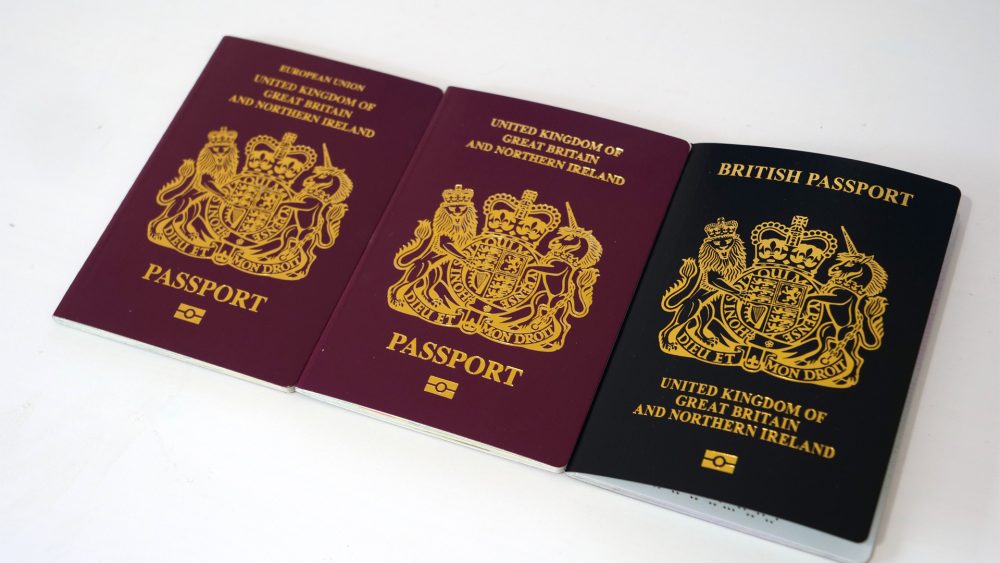Whether you moved to the UK to study, or to work for a business through a sponsor licence Visa, applying for permanent residence in the UK is a complicated process, it means filling in forms, attending interviews and dealing with processes that you may not have come across before. Let’s look at some of the hurdles you might experience when applying for British Citizenship.
Language Tests.
A successful application for British Citizenship requires you to prove your knowledge of English, Welsh or Scottish Gaelic. You can do this by passing a B1 level speaking and listening test. There are some exemptions to this requirement if you are 65 or over, unable to take the exam due to a long-term physical or mental condition, can provide proof of a degree taught or researched in English, or hold citizenship of a country in which English is a primary language. These tests can be a source of stress and difficult to navigate if you’re not as confident in your skills, so it may be worth seeking advice on how to prepare for them.
Good Character.
If you’re over the age of 10 when you apply, you’ll need to provide proof of what the Home Office calls ‘good character.’
What this means is, you’ll have to demonstrate that you have respected the UK’s laws by abiding by them. If you have any criminal background, it will need to be fully disclosed and the Home Office will additionally review your financial ‘soundness’ and your immigration background. It’s worth noting that if you have been subject to a custodial sentence of four years or more, your application will be rejected as this voids the Home Office definition of ‘good character’.
Life in the UK test.
In addition to a languages test, those looking to apply for citizenship will also have to undertake the ‘life in the UK test’. This test comprises 24 questions (of which you need to answer 75% correctly) which relate in some way to British history, tradition, geography, customs or culture.
While the test itself is multiple choice and will present 4 options for each question. The questions are changed frequently and as such you will need to thoroughly review the information in the handbook, which the questions will be based on. If you don’t reach the 75% mark the first or even second time, there’s no need to worry as you will be able to repeat the test as many times as needed. It is worth remembering however that each time you fail the test and have to re-take it, you will need to pay for the test again, so repeated attempted will increase the overall cost of the application process.
As well as the issues above, you will need to make sure you’re able to provide as much relevant documentation as possible. This will help you to back up your application, and make the checks the Home Office will conduct as part of it run as smoothly as possible.
The trouble with the application is that there are various exemptions and technical points that it can be difficult to explain in a guide. There are services available which may be useful to you in proceeding with applications, and may be able to help you work through the process step by step. While some will be small organisations dedicated to giving advice, as applying for British citizenship is a legal process, some people prefer to retain the services of an immigration solicitor.
Immigration solicitors can help you fully understand the complexities of the process from a legal standpoint which may be more useful for you in progressing your application. They can help you to understand which routes to citizenship will be the most useful for you, and which (if any) exemptions may apply to your case. They would also be able to help you ensure that the documentation you provide to support your application was relevant, as well as providing advice and guidance throughout. Additionally, some practices are able to offer things like coaching and practice for the Life in the UK tests mentioned above, which could help you to reach the 75% mark.
Gaining citizenship is an important part of living in a chosen country for many who immigrate. It means that you hold all the same rights as those who were born in the UK, and means that you’re no longer involved in the immigration system. Although the system itself is complicated, and it may feel like there are too many steps on the ladder at times, making sure you have the right information and can access help when you need it; can be the key to making the journey as simple as it can be.
Imogen Loveday is a writer for the Immigration Advice Service.

